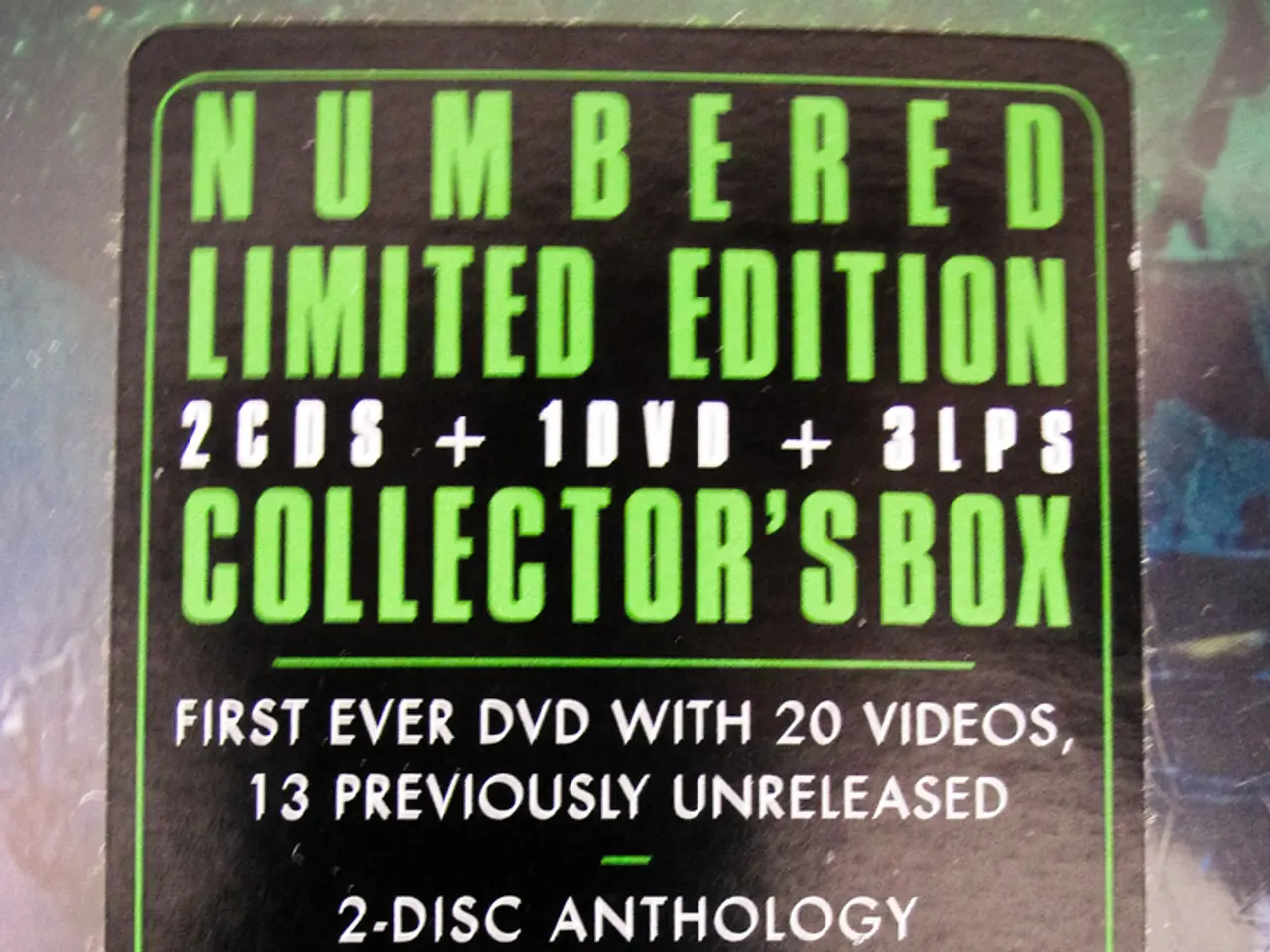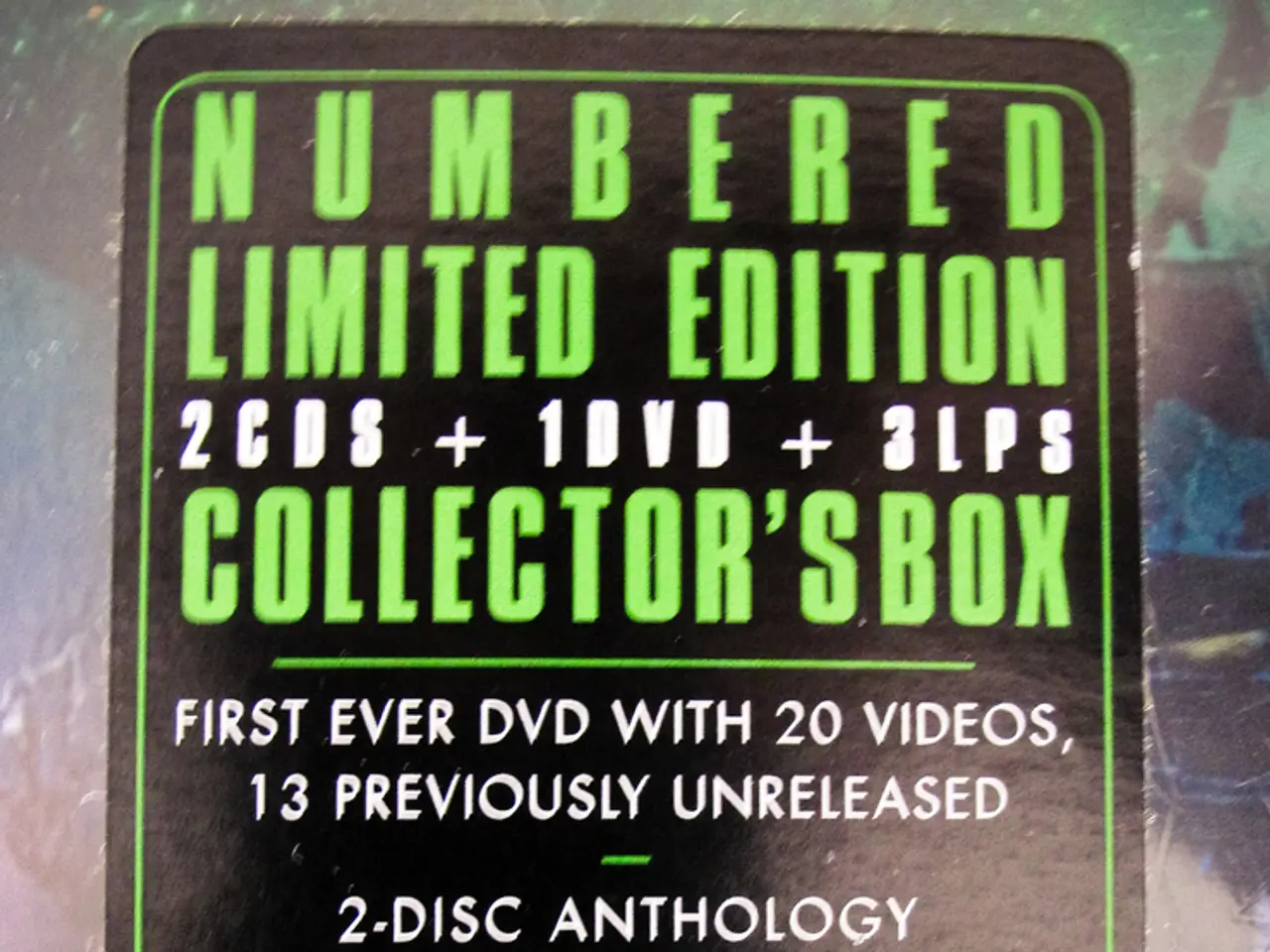Unsuitable Driver Records Instigating Unexpected Audits
In the fast-paced world of trucking, compliance is the foundation that keeps your business legal, insurable, and operational. Every piece of paperwork is a line of defense against audits, fines, and lost revenue.
For small fleet owners, the stakes are particularly high. Missing details can lead to costly enforcement actions and potential business closure. The carriers that survive are the ones that build systems, follow them consistently, and treat compliance like a core part of the business, not a burden.
One crucial aspect of compliance is maintaining complete, accurate, and regularly updated driver qualification files (DQFs). These files are mandatory and have specific guidelines set by the Federal Motor Carrier Safety Administration (FMCSA).
To ensure compliance with FMCSA driver qualification file requirements, you should collect and retain all required documents for each driver. These documents include a signed employment application, motor vehicle record (MVR) checks, medical examiner’s certificate, road test certificate, drug and alcohol test reports, employment verifications from previous employers (covering the past three years), and annual driver reviews.
Implementing a systematic file management process is also essential. This process should include automated reminders for document expirations (like CDL renewals and medical cards) and quarterly internal audits to identify and correct compliance gaps before FMCSA audits.
Maintaining driver files continuously is an ongoing process. Update files promptly when a driver renews licenses or medical certificates or after incidents such as accidents or violations.
If rehiring drivers, verify that relevant documents like road tests or medical certificates remain valid and obtain safety performance history from previous employers.
Using centralized digital file management systems or services that facilitate 24/7 access to updated driver information and provide audit-ready documentation can streamline compliance. Ensure all driver files are organized and contain clear identification with the driver's name and date of qualification to easily manage and retrieve documents.
Avoiding audit triggers involves keeping DQFs thorough and current. Incomplete, missing, or outdated records are the most common reasons FMCSA initiates surprise audits on small carriers. Proactive compliance and systematic review minimize risks of costly enforcement actions.
Store files securely and accessibly by creating digital backups of all driver files (PDFs or scanned copies), organizing them in an organized folder structure by driver name and year, and using secure cloud storage with restricted access.
A standard driver file checklist should be used every time a driver is onboarded, including Application for Employment, MVRs from all states in the past 3 years, Medical Card and verification, Road Test Certificate or CDL equivalent, Safety Performance History (3 years), Drug and Alcohol Records, Certificate of Violations (annually), and Annual MVR Review.
A DQF must include: Driver's Application for Employment, MVR from each state the driver held a license in the past 3 years, Road Test Certificate or equivalent, Medical Examiner's Certificate and verification of National Registry, Annual MVR Review, Annual Certificate of Violations, Record of Safety Performance History from previous employers (past 3 years), and Drug and Alcohol Testing Records (for CDL drivers).
Remember, the FMCSA audits trucking businesses primarily due to incomplete or improperly maintained DQFs. Set recurring reminders for expiring documents using Google Calendar, Trello, or a compliance management tool 60, 30, and 7 days before any critical document expires for Medical Examiner's Certificates, CDL Expiration, Annual MVR Reviews, and Annual Violation Certifications.
Treat driver files as a priority, not an afterthought, to avoid getting blindsided by audits, fines, and lost revenue. A single missing document can lead to multiple federal rule violations and a Conditional safety rating, which can negatively impact a company's ability to secure better freight, higher-paying lanes, or favorable insurance.
In conclusion, maintaining up-to-date and complete DQFs is essential for small trucking businesses to operate smoothly and comply with FMCSA regulations. By following these guidelines, you can minimize the risk of enforcement actions and ensure your business continues to thrive.
Sports and compliance may seem unrelated, but the principles of regular updates, thorough documentation, and systematic management can be applied to both. Just as a sports team must maintain accurate player records, update them regularly, and follow specific guidelines for contracts and medical histories, a small trucking business must do the same for driver qualification files (DQFs) to comply with Federal Motor Carrier Safety Administration (FMCSA) regulations. Furthermore, just as a coach would regularly review game strategies and player performance, it's crucial for fleet owners to conduct quarterly internal audits to identify and correct any compliance gaps before potential FMCSA audits.








